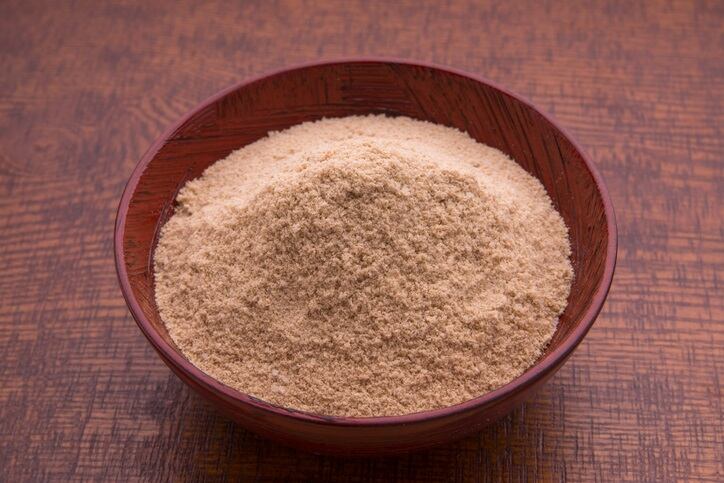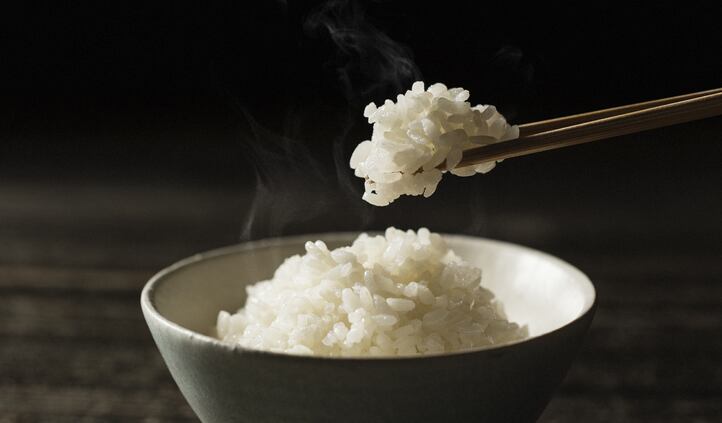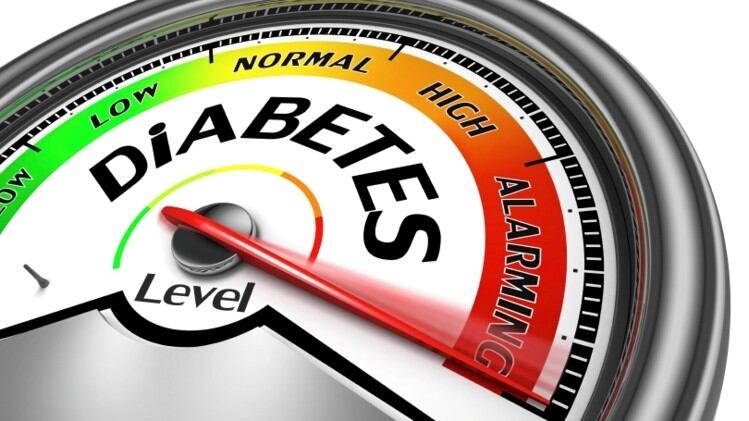Writing in Systematic Reviews, the researchers from Australia and Iran claimed that this was the first meta-analysis that assessed the effects of rice bran supplementation on lipid profile changes in adults.
They pointed out that so far, two meta-analyses have been published on the effects of rice bran oil on lipid profile. However, no meta-analysis has been conducted to investigate the effects of whole rice bran on lipid profile.
A total of eight randomised controlled trials (RCTs) involving 472 participants were sieved from major database such as PubMed, Scopus, and ISI Web of Science for this systematic review and meta-analysis.
These RCTs were conducted in Australia, Taiwan, Iran, Italy, and the US and the study participants were between the age of 37 and 62, with body mass index (BMI) between 24.43 and 28.7 kg/m2.
Rice bran is a good candidate for nutraceuticals due to its high fibre content at between 20 and 51 per cent, said the researchers.
One of its distinct features is its high oil content at approximately 20.8 per cent as compared to other bran, such as wheat at 7.03 per cent and oat at 4.25 per cent.
Existing studies have shown the benefits of rice bran and its derivatives such as rice bran oil, in improving glycaemic control, optimising lipid profile, lowering blood pressure, and for weight management.
In this meta-analysis and systematic review, findings showed no significant effects of rice bran supplementation on serum levels of triglycerides, total cholesterol, low-density lipoprotein cholesterol or LDL-cholesterol, and high-density lipoprotein cholesterol or HDL-cholesterol, as compared to the control group.
However, based on subgroup analysis, the effect of rice bran on triglyceride levels was significant in studies involving both men and women, as well as in studies in which participants were older than 50 years old.
The researchers explained that this significance was mainly attributed to the study of Hegsted et al. The study used 100 grams of stabilised rice bran supplementation in patients with hypercholesterolemia.
The researchers added that the results of this meta-analysis were inconsistent with the results of some of the RCTs.
For example, one of the RCTs reported that rice bran supplementation could significantly reduce triglyceride levels and increase HDL-C levels.
In another study in patients with diabetes, it was found that supplementation with stabilised rice bran was able to significantly reduce total cholesterol and LDL-C concentrations.
“Our meta-analysis suggests that rice bran supplementation has no significant effects on serum levels of lipid profile components.
“However, larger studies with longer durations and improved methodological quality are needed before firm conclusions can be reached,” the researchers concluded.
Source: Systematic Reviews
The effects of rice bran supplementation for management of blood lipids: A GRADE-assessed systematic review, dose–response meta-analysis, and meta-regression of randomized controlled trials
DOI: 10.1186/s13643-023-02228-y
Authors: Zahra Hariri et al




